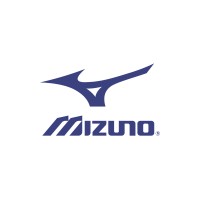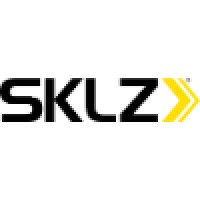
Mizuno Oceania Corporation
Founded by Rihachi Mizuno in 1906, Mizuno has developed into a brand globally recognised for its excellence in producing technical sports equipment. The Japanese company is still run by the Mizuno family from its Osaka HQ, with offices spread around the globe. A focus on product development has produced a legacy amongst Mizuno consumers across the sporting world. From highly customised golf clubs, through to technical running footwear, and highly evolved baseball equipment, Mizuno will never cease its "Kaizen" approach to product development - continuous improvement. Mizuno's greatest achievement, however, is to successfully compete in a highly competitive market, whilst remaining true to our core philosophy; "Contributing to society through the advancement of sporting goods and the promotion of sports"






